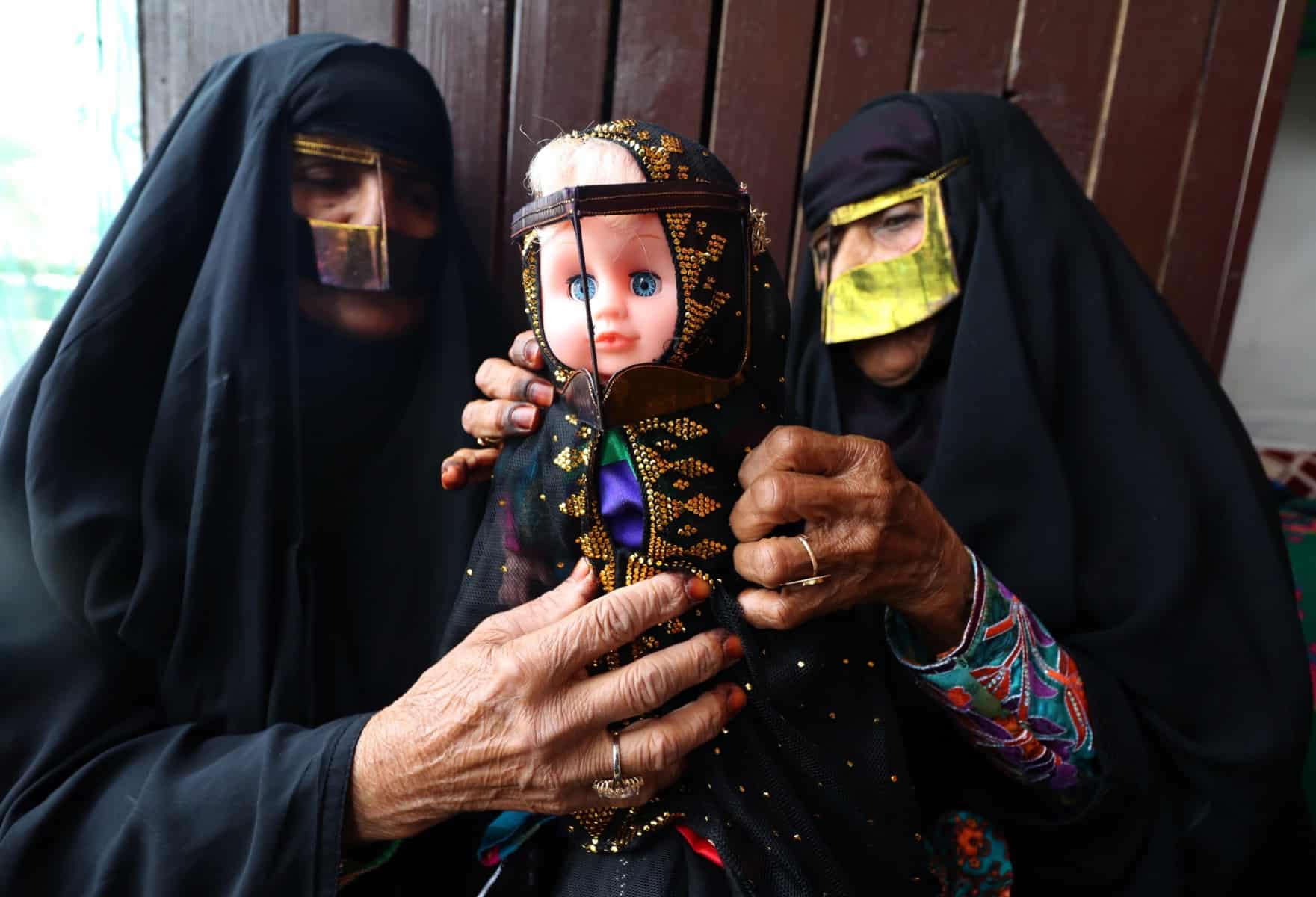DUBAI, UAE — Women entrepreneurs across the world, including MENA region, continue to face challenges such as skepticism from workers, preconceptions from buyers, and suppliers raising prices when the buyer is a woman, Nohir Saleh, founder and CEO of the Fashion Incubator Middle East, told TRENDS in an exclusive interview.
“Workers are skeptical when it comes to women bosses, wholesale buyers have a preconception that women-owned businesses will not meet their expectations, and suppliers would raise prices when a buyer is a woman,” explained Saleh, who holds a BA in Communications Engineering from the German University in Cairo and a Master’s in Fashion Management from the Business School in Rome.
She, however, says that her company’s success has helped change the perception of women-led businesses in the region.
“I have always been passionate about manufacturing and how products come to life since childhood. In 2011 we decided to support the economy by starting a business that is high in manpower, and this is where the idea came from—expanding the company to an incubator to cover a market gap where fashion designers need a place to support their journey from A to Z,” she said.
“Women; as fashion designers, business owners, and workers. It amazes me how agile women are. In the beginning, we could see a pattern of women thinking about starting their brands, or those with new innovative ideas would think twice before going through with their ideas. It would take a lot of work and support to help them gain the confidence needed to start. Things have changed now; over 90 percent of our clients are women”.
Numbers suggest that women’s labor force participation is considerably lower in Middle East and North Africa than in other regions. However, in the Gulf Cooperation Council (GCC) countries, close to half of the population is made up of women.
Full engagement of women in economic activities would improve their children’s well-being and the economic progress of the country. To diversify their economies and reduce their dependence on oil, the GCC countries have made several efforts over the past decade to improve women’s access to education, healthcare, jobs, and political participation. As a result, female educational attainment in GCC countries is now superior to that of males.
Saleh recognizes the importance of support communities for women entrepreneurs in the GCC. These communities bring together women who share the same objectives and the need to progress, discuss challenges, and provide emotional support.
“This is not just about sharing resources or networking, but being able to share stories and get emotional support,” she pointed out
Today, women in the region have access to knowledge, support communities, and government initiatives that focus on women’s assistance and the need for more women to participate in technology and innovation.
“Persistence and commitment are key. Equip yourself with the knowledge and tools and surround yourself with support and like-minded women. The right tools help you pave the way to excel in whatever field you choose. Always keep an eye on initiatives that help you in your steps,” said Saleh.

